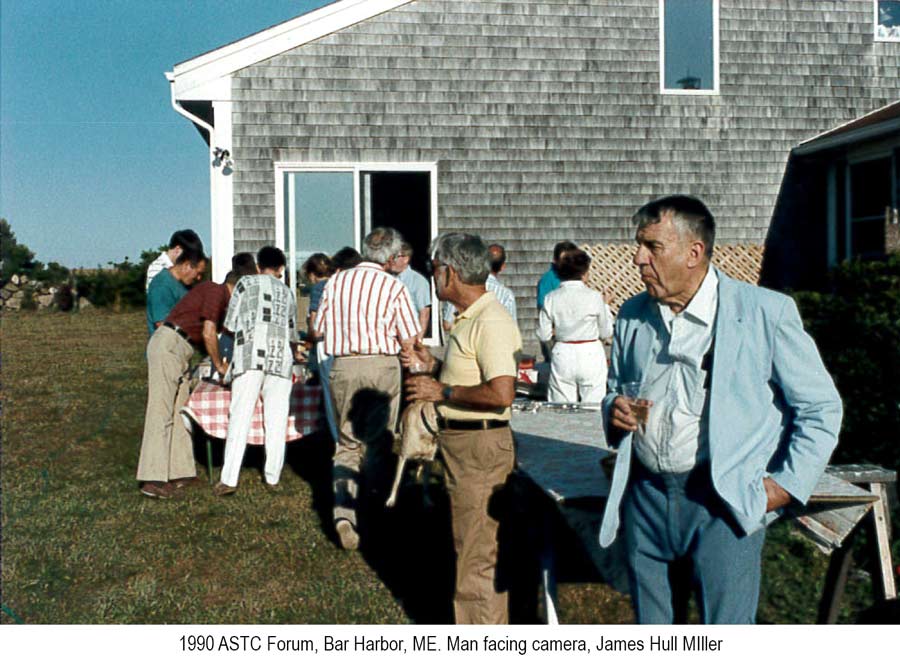Here are a few posts from last week's Greenpage that might be worth your time...
British Independent Film Awards Launches ‘Unconscious Bias’ Training
Variety: With awards nominee lists under increasing scrutiny, the British Independent Film Awards is launching a first-of-its-kind “unconscious bias” training program. All BIFA voting members, including juries, committees and the board, will complete the training ahead of this year’s awards.
How Heathers: High School Edition is helping difficult discourse on teen issues in Johnson County, Kansas (and how it can help you, too).
Breaking Character: The importance of having discussions about mental health, violence, and bullying in our community and communities around the United States became clear when three students in Johnson County, Kansas took their own lives in January of 2018. In the previous year, eight Johnson County teens did the same. This is a subject that is very difficult to discuss between local students and adults alike.
ASTC at 35
theatreconsultants.org: This year, ASTC celebrates 35 years since its founding in 1983. What was created as a small group of twelve men following a meeting in New York has grown into an organization with over 70 members. Here, we reflect on where we began and who we are today in conversation with a few members who’ve been active for more than a quarter century.
Speakin' yinzer n'at: 'One Dollar' actors say they find no language barrier in our unusual dialect
Pittsburgh Post-Gazette: Picture, if you can, Pittsburgh Dad as Henry Higgins.
No “rain in Spain stays mainly in the plain” nonsense here. With “One Dollar” shooting in Western Pennsylvania since spring, it has been more like, “hangin’ aroun’ Dahntahn.”
The yinzer patois is a wonderful, terrible thing.
Plays for Labor Day. In praise of theater about unions, workers and workplaces.
New York Theater: It was while attending the current revival of Lillian Hellman’s 1936 play “Days to Come,” which is set during a strike at a brush factory in Ohio, that I suddenly wondered: Where are the American plays about unions, or workers, or even just workplaces?







No comments:
Post a Comment